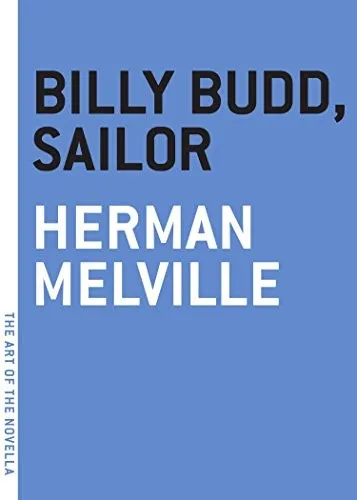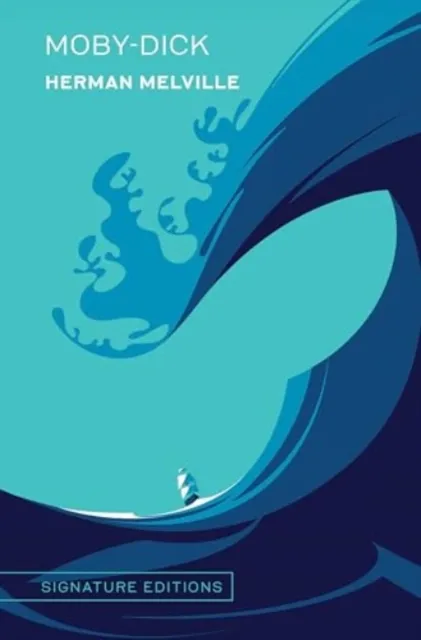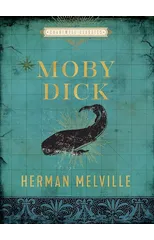Herman Melville's final masterpiece, found unpublished on his desk at his death. Billy Budd, Sailor would emerge, after its publication in 1924, as one of Melville's best-loved books--and one of his most open, with its discussion of homosexualty. In it, Melville returns to the sea to tell the story of Billy, a cheerful, hard working, and handsome young sailor, conscripted to work against his will on another ship, where he soon finds himself persecuted by Claggart, the paranoid master-at-arms. As things escalate beyond the naive Billy's control, tragedy looms on the horizon like Melville's great white whale, and the story become Melville's final, sublime plunge into the classic tussle between civilization and chaos, between oppression and freedom, as well as the book in which he discusses homosexuality most openly. One of the major works of American literature.
Herman Melville
Herman Melville (1819-1891) was an American novelist, poet, and short story writer best known for his novel "Moby-Dick," a complex and symbolic work that explores themes of obsession, fate, and the struggle between good and evil. Melville's writing style is characterized by its rich symbolism, philosophical depth, and exploration of existential themes. His other notable works include "Typee," "Billy Budd," and "Bartleby, the Scrivener." Melville's contributions to literature have had a lasting impact on the development of American literature, particularly in the genre of the novel.





